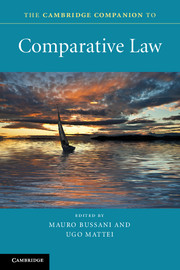As you know, the Juris Diversitas Blog has tended to publish only informational blogs. We hope, over the next year, to branch out to include more opinion-oriented and scholarly posts, online discussions, etc. With that in mind, we're happy to post the following contribution from Tomaso Ferrando (PhD Student, Sciences-Po Law School):
Private Legal
Transplants: Bright and dark nature of an unnoticed phenomenon
Only few months ago,
the social image of prominent transnational enterprises such Apple and HP was
threatened by media reporting several violations of labor rights by Foxconn, the
main contract manufacturer for such electronics companies, whose factories are
located in the People's Republic of China. In the light of the potential
commercial repercussions, Apple and Foxconn invited the Fair Labor Association
(FLA) into the factories where Apple’s products are built, relying on the fact
that Apple had just joined the Association in January 13. After more than a
month of investigation, the FLA 'revealed serious and pressing noncompliances
with FLA’s Workplace Code of Conduct, as well as Chinese labor law' and claimed
that both Apple and Foxconn 'have agreed to ongoing assessments by FLA in order
to ensure that labor practices meet FLA standards and remain in compliance for
the long term.' From a legal perspective, that means that a private agreement
concluded between the two enterprises and a private association would determine
– if enforced and respected - the substitution of the current Chinese working
standards with the legal architecture privately defined by the FLA, i.e. the
creation of an ad hoc intra-national legal order whose boundaries will be
represented by the Foxconn's gates.






